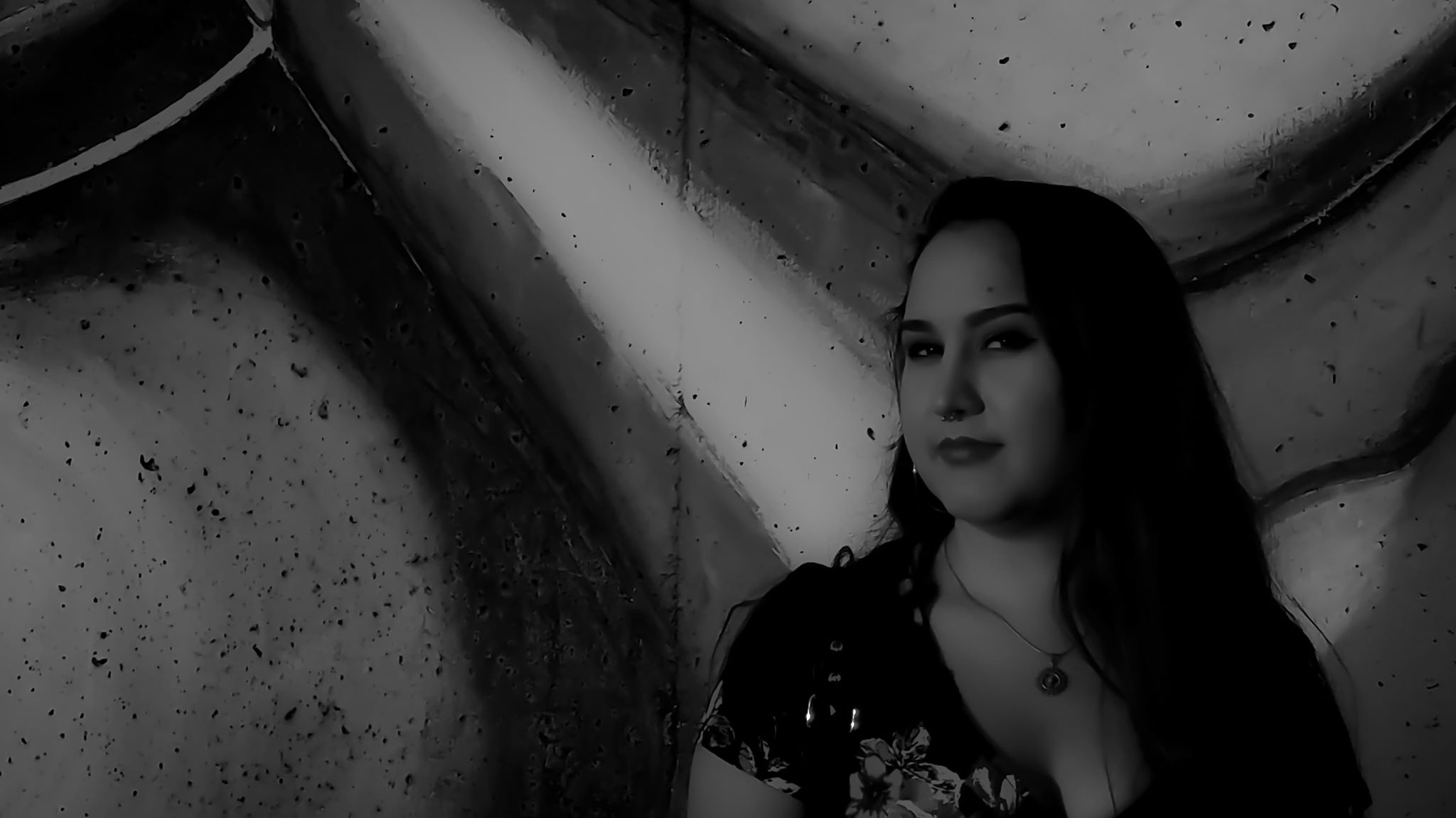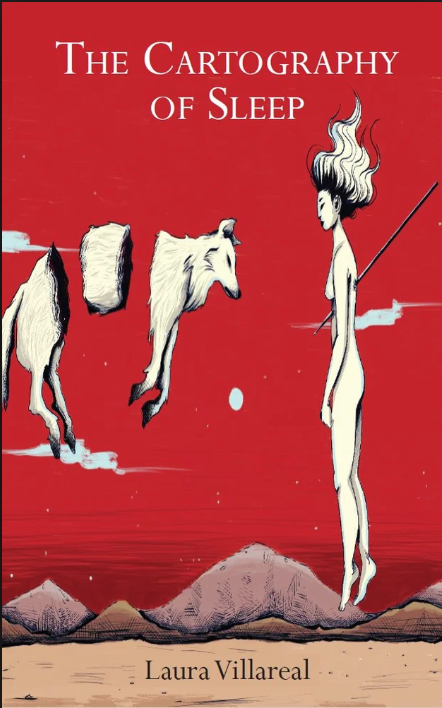ISSN: 1941-4137
POETRY THAT ENACTS THE ARTISTIC AND CREATIVE PURITY OF GLASS
POETRY THAT ENACTS THE ARTISTIC AND CREATIVE PURITY OF GLASS

Valorie K. Ruiz is a queer Xicana writer fascinated by language and the magic it evokes. She currently lives in San Diego and is assistant flash fiction editor for Homology Lit. You can read more of her work on her website at www.valorieruiz.com or follow her on twitter @Valorie_Ruiz.
May 9, 2019
Edited by Stephanie Kaylor
Edited by Stephanie Kaylor
Review of The Cartography of Sleep by Laura Villareal

The Cartography of Sleep
Laura Villareal
Nostrovia! Press, 2018
The Cartography of Sleep(Nostrovia! Press 2018) by Laura Villareal is quite literally a map of the unconscious mind, the wild mind at play, the landscape of dreams and all the necessary but sometimes difficult feelings that comes with navigating these spaces. This chapbook was one of four recently published chapbooks from Nostrovia! Press and it is easy to see why it is so successful. The poems move between the ethereal and the real, the speaker alive and vibrant even in the poems that deal with the myths we know and love. The chapbook opens with an epigraph by Audre Lorde: “Your silence will not protect you.” Immediately after we begin the chap with “The Astronomer’s Daughter” a poem that seems to subtly build on the Whitman poem of “The Learn’ed Astronomer” but more than building on it, it’s an act of claiming one’s space in the vastness of poetry. This poem introduces us to a speaker that is “restless” and who “likes it that way”, and we emerge from the poem ready to devour the book for who among us is not also restless?
The first poem sets up the expectation of world-building, but this book creates a dream world within our reality. So many of the memorable poems create new myths like in “Trapping Season”, but others like “Artemis Chases Huehuecoyotl”, take myths and figures we know and introduces us to the sides we have yet to see. Having grown up adoring the world of Greek mythology I was pleased to see the evolution Villareal creates. Not only is Artemis the bold and powerful deity I know her to be, but now she’s more rebellious, more passionate, and unabashedly queer. And Artemis’ lover? Not another Greek deity but the Aztec Huehuecoyotl — who was also an ancient representation of queerness. The poet embraces gender fluidity in this poem, but beyond that, writes in a way that makes this fluidity god-like, and my Dios, how fucking refreshing is that? This is just one example of how Villareal pushes the limits of poetry, here she recalls the power of verbal storytelling, of passing on myths, and what it means to do this all with the voice of a poet.
Beyond the myths Laura creates, there are numerous poems that use those storytelling muscles but proceed to create myths of humanity and the very present reality that surrounds us. “(My)thology” and “Retellings” do just this. They allow us to more fully understand and appreciate the speaker not only as a creator of myths but as someone who is navigating their own legend, battling “someone else’s monsters” while their own “monster was patient caught in my throat”. In this poem the narrator openly admits they are unreliable because they are a dreamer and a creator. It is this poem that serves as the volta of the chapbook, the turning point where the speaker embraces the act of writing her own myths.
I traded my gently used words
to a Cave Salamander who told me I couldn’t
keep mapping stories if they weren’t my own”
And how lucky we are to share in this poet’s process of writing her own stories. It is chapbooks such as this that end up crumbling in our hands from overuse, from us returning to them time and time again because we want so badly to feel understood in our journey of becoming heroes in our own myths. This is a book that showcases more than one way of writing poetry, showing us the skill of combining genres in a way that is purposeful all while being willing to share the stories that roam the mind in sleep. The Cartography of Sleep though newly published, will continue to linger in the minds of any reader who has the chance to explore it.
Visit Laura Villareal's Website
Visit Nostrovia! Press's Website
Glass: A Journal of Poetry is published monthly by Glass Poetry Press.
All contents © the author.
All contents © the author.





